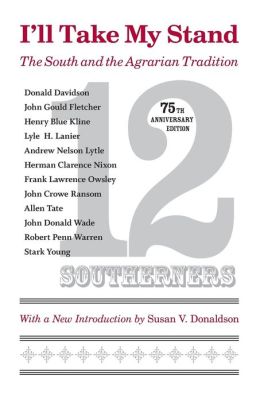
The
Radical Republicans greatly harmed the black man who had to live as a
neighbor to Southern white people. In 1930 author Robert Penn Warren
argued for “the general and fundamental restoration” of relations
between white and black, and that “Inter-racial conferences and the
devices of organized philanthropy, [are only palliatives] in comparison
with this major concern.” Mutual understanding and respect was needed
rather than external meddling.
Bernhard Thuersam, Chairman
North Carolina War Between the States Sesquicentennial Commission
"Unsurpassed Valor, Courage and Devotion to Liberty"
"The Official Website of the North Carolina WBTS Sesquicentennial"
Racial Results of Reconstruction
“The
Reconstruction did little to remedy the Negro’s defects in preparation
[as a citizen]. Certainly, he discovered himself as a political power,
but he was also to discover that the fruits of his power were plucked by
someone else, by the friends who gave him big talk and big promises.
Sometimes he got an office out of it all and smoked big cigars in the
chair of a legislature.
The
political training which he received, however, was the worst that could
possibly been devised to help him; it was training in corruption,
oppression, and rancor.
When
the earth shook and the fool, or scoundrel, departed after his meat,
leaving his bankrupt promises, the Negro was to realize that he had paid
a heavy price for the legislative seat and cigar. He had been oppressed
for centuries, but the few years in which he was used as an instrument
of oppression solved nothing.
Instead,
they sadly mortgaged his best immediate capital; that capital was the
confidence of the Southern white man with whom he had to live. The
Civil War had much to show the Negro’s character at its best, but, so
short is human memory, the Reconstruction badly impaired the white man’s
respect and gratitude. The rehabilitation of the white man’s
confidence for the Negro is part of the Southern white man’s story since
1880.
Some
people in the North thought that the immediate franchise carried with
it a magic which would insure its success as a cure-all and fix-all for
the Negro’s fate. [A more] realistic view [was] that the hope and
safety of everyone concerned rested in the education of the Negro . . .
The
most prominent man in Negro education of the past [has said]: “I am
constantly trying to impress upon our students at Tuskegee – and on our
people throughout the country, as far as I can reach them with my voice –
that any man, regardless of color, will be recognized and rewarded in
just proportion as he learns to do something well – learns to do it
better than someone else – however humble the thing may be.”
The
most urgent need was to make the ordinary Negro into a competent
workman or artisan and a decent citizen. Give him whatever degree of
education was possible within the resources at hand, but above all give
him a vocation. This remains, it seems, the most urgent need.”
(The Briar Patch, Robert Penn Warren, I’ll Take My Stand, Twelve Southerners, LSU Pres, 1977, pp. 248-250)

No comments:
Post a Comment